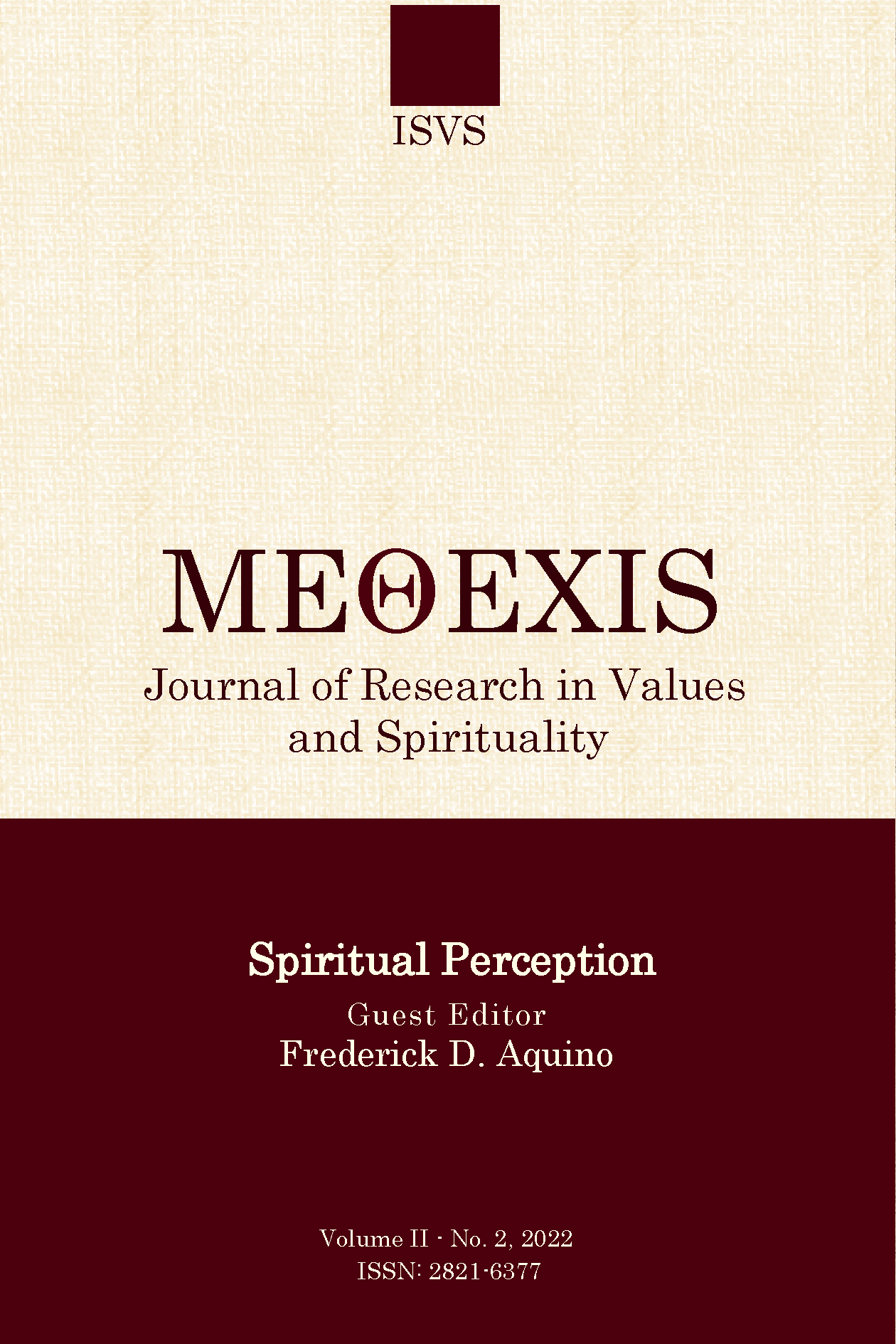Ubuntu’ Ethical Perspective and the Global Order
Ubuntu’ Ethical Perspective and the Global Order
Author(s): Philip Ogo UjomuSubject(s): Christian Theology and Religion, Non-European Philosophy, Ethics / Practical Philosophy
Published by: Institute for the Study of Values and Spirituality
Keywords: Ubuntu; Ethics; Communalism; Community; Human Person; Human Dignity; Moral Values;
Summary/Abstract: The world is increasingly becoming a global village and so distance and culture as markers of boundaries do not seem to be as distinctive and effective as before. Should this be a source of worry? Most human races at different times made efforts to bring humanity together with varying degrees of success. This paper tries to develop a tenable idea of Ubuntu ethical perspective for global order. As an endogenous construct for world peace, Ubuntu theory and practice requires a less emotive, politicized and more inclusive, interdependent conceptual and theoretical articulation so as to be more acceptable and defensible to friend and foe alike. To start with, antagonism from related foreign dominating worldviews raises relational and dialogical issues about the meaning of humane global order from an African viewpoint. The search for a paradigm for World Development is urgent given the real consequences of a (neo)colonial tendency has threatened the development of most countries due dominant lopsided paradigms of alienation, exploitation and marginalization within Global North- South relations. A development paradigm or philosophy of development for the world at large requires an ethical basis for human existence in political and social order. Presently, our world is beset by the problem of a negative dominant social paradigm (DSP) or core social values of hatred, intolerance, the abuse of human rights, dehumanization, exploitation, authoritarianism, poverty and oppression. So, to build a viable and stable endogenous paradigm for development we use the main pillar of interconnectedness among human beings which is central to Ubuntu as a social system and value system to underscore some desirable key moral and democratic values generally required for human liberation and transformation. The research question is: What concrete elements or values of Ubuntu can be useful as paradigms of a stable, viable and progressive world order? Specifically, our findings suggest that Ubuntu ethics is defined by a set of human values or qualitative correlates central among which are reciprocity, common good, peaceful relations, emphasis on human dignity and the value of human life as well as consensus, tolerance and mutual respect. Thus, the paper argues for a possibility utilizing ubuntu ethical correlates as materials for establishing humane sociopolitical orders worldwide.
Journal: MEΘEXIS Journal of Research in Values and Spirituality
- Issue Year: II/2022
- Issue No: 2
- Page Range: 67-109
- Page Count: 43
- Language: English

